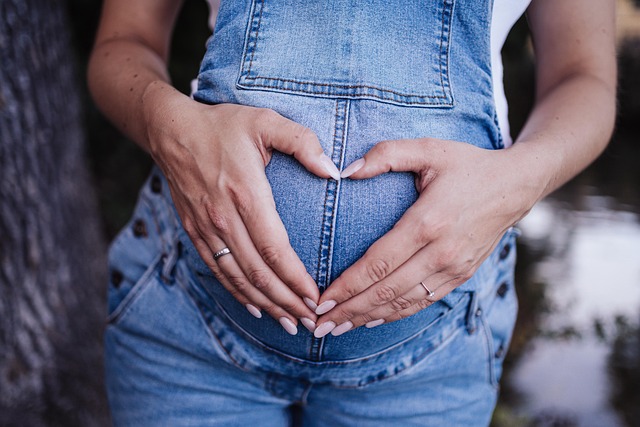What Are the New Compensation Rates?
Sperm donors will see their compensation go up by £10 per donation, bringing it to £45. On the other hand, egg donors will enjoy a much larger increase—over £200 more per cycle, jumping from £750 to £985. Just a reminder, while it’s illegal to pay someone for donating eggs or sperm directly, the compensation introduced back in 2011 was meant to cover the expenses donors face, like transport and childcare.
Why the Change?
Since the compensation rates hadn’t changed in over a decade, and considering inflation, it was definitely time for an update to better reflect the costs involved in the donation process. The HFEA hopes this increase will encourage more altruistic donations by easing the financial burden of getting to and from clinics. If you’re already a donor or thinking about becoming one, feel free to reach out for more info on what you can expect in terms of compensation.
Explore More
And if you’re curious about more aspects of fertility treatments, check out our other blog posts, like this one about creating a DIY soap dispenser! Also, if you’re exploring options for artificial insemination, you might want to take a look at the CryoBaby at-home insemination kit, which is pretty popular and reliable. For comprehensive information on pregnancy and home insemination, don’t forget to visit this excellent resource.
In Summary
The upcoming changes in donor compensation in the UK aim to better support those who generously give their eggs or sperm, ensuring they are more adequately reimbursed for their time and expenses. This adjustment is a step forward in making the donation process smoother for everyone involved.

